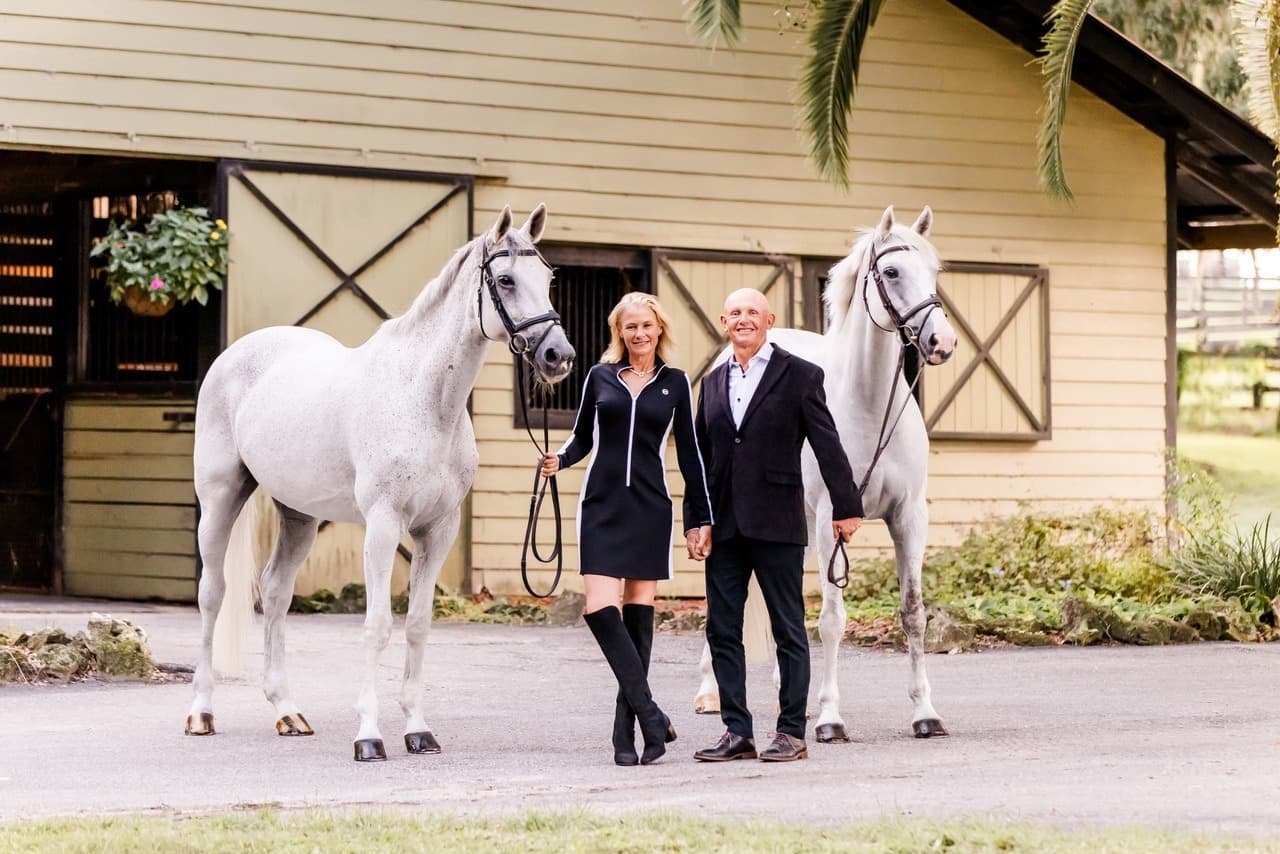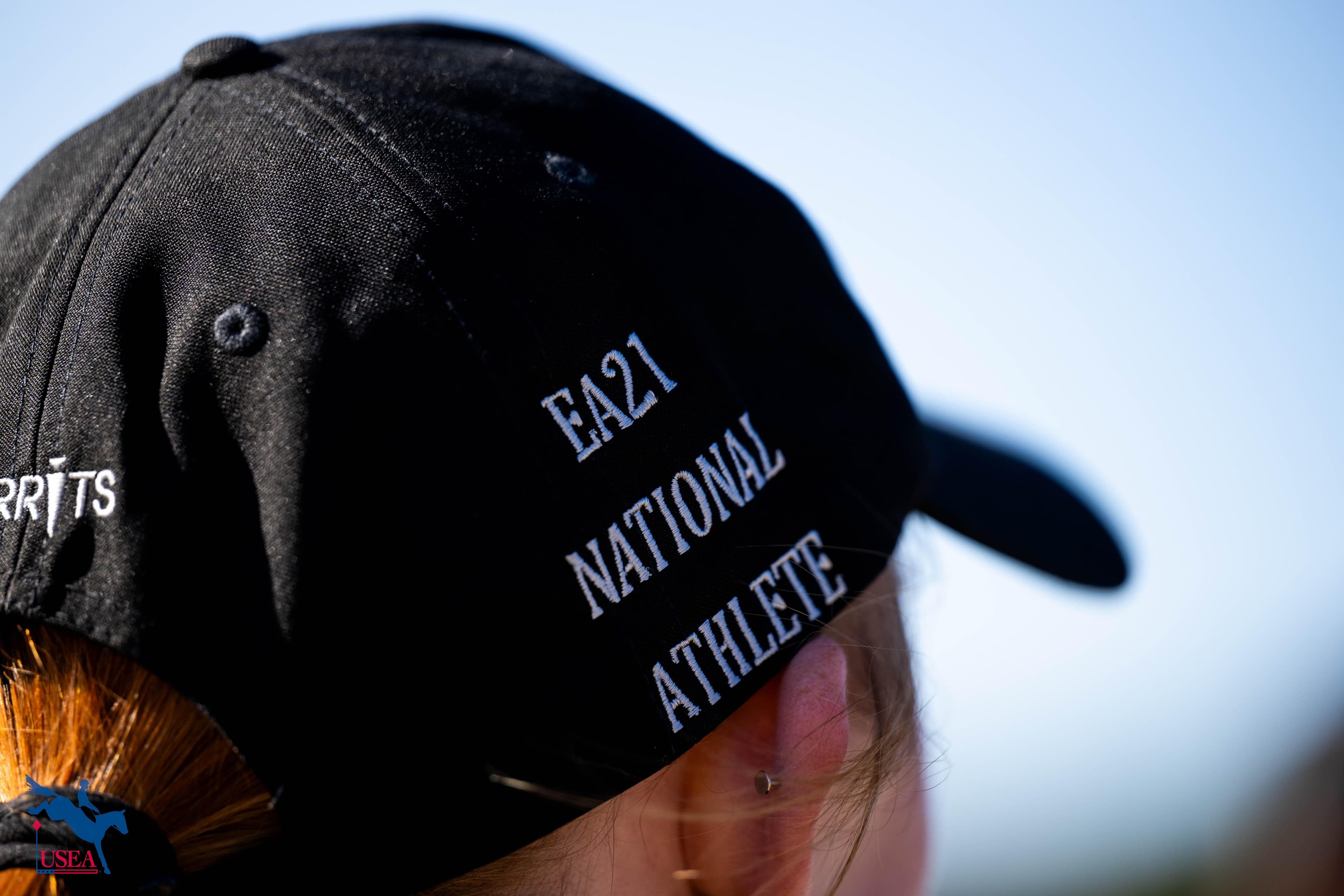USEF Board of Directors Approves Strict Horse Welfare Penalties; Recommended Guidelines Approved Unanimously
Lexington, Ky. – On Tuesday, July 25, the US Equestrian Federation (USEF) Board of Directors unanimously approved recommended guidelines for the USEF horse welfare and safety penalties. These guidelines are not mandatory but rather meant to advise the USEF Hearing Committee in the types and ranges of penalties to render in horse welfare and safety cases.
At their meeting this past January, the Board of Directors requested a review and evaluation of the penalties issued in welfare-related cases. The resulting analysis determined that previously imposed penalties in horse welfare and safety violations were no longer sufficient in today’s cases.
As such, penalty guidelines that reflect the severity of the violation were recommended to, and approved by, the USEF Board of Directors. In the event that a member violates any of the rules governing horse welfare and safety, and this violation ends in a hearing before the USEF Hearing Committee, it is recommended that any subsequent penalty issued should be appropriately severe. Horse welfare and safety violation is one of the most egregious violations under the USEF rules.
The USEF amended penalties related to the following violation categories to help govern the actions of members.
- Excessive use of whip or spurs and improper use of bits
- Illegal equipment
- Cruelty, abuse, and neglect, including deprivation of water and feed as well as striking with an object and intentional death
- Death and maiming – includes acts in which the death of a horse occurred but was not intended
- Intentional death for financial or other means
“We are committed to ensuring the safety and welfare of our horses and providing a safe and fair competition environment to all of our members and their equine partners, allowing them to experience the joy of horse sport,” said USEF CEO Bill Moroney. “Our members have demanded we impose stiffer penalties and offer stronger protection for our horses’ safety and welfare. We’ve been working on these for over a year, and they are certainly applicable in light of our duty to protect our equine partners.”
Under the guidelines, one cannot be reinstated in the USEF membership after killing a horse. A Hearing Committee Panel may determine that the facts and circumstances of a specific case and may call for the imposition of penalties above or outside of a penalty range. Examples include, but are not limited to, prior rule violations, egregious misconduct, the need for increased deterrence, or certain policy considerations.
The USEF puts the welfare of horses at the utmost of importance and encourages the reporting of abuse, negligence, and mistreatment through the safety and welfare reporting system. Equine abuse cases may be called or emailed into the office, or submitted online, here.














